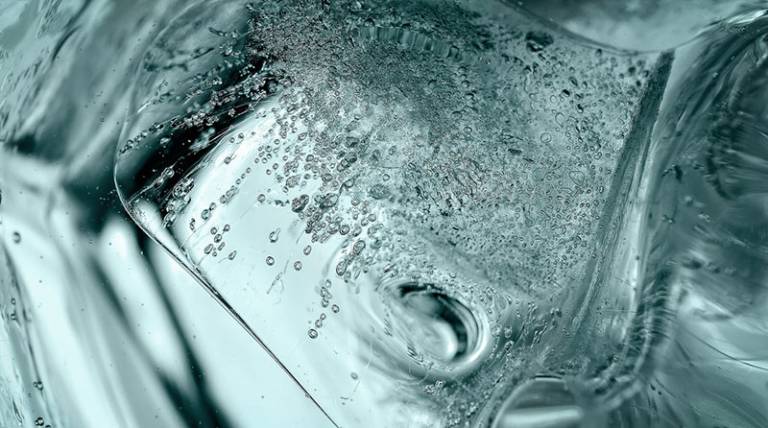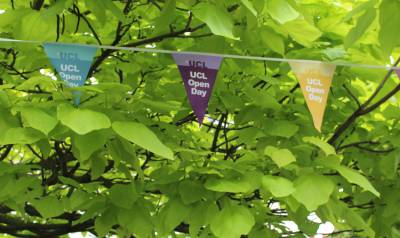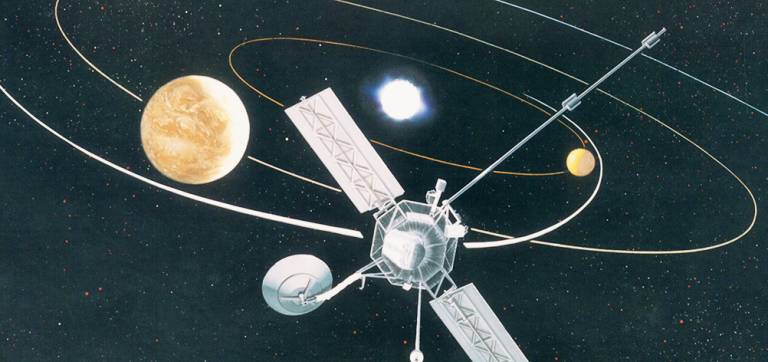An ultimate speed limit for cooling
14 March 2017

How cold can it get? That depends how long you are willing to wait. The third law of thermodynamics, conjectured in 1912 by the Nobel laureate Walter Nernst, states that it takes an infinite time to cool a system to absolute zero - the coldest temperature possible.
However, despite being one of the cornerstones of the field of thermodynamics, it has never been proven. In fact, most of Nernst's early attempts at a proof of the third law were refuted by Albert Einstein, who also attempted proofs of his own. Einstein believed that any proof of the third law needed to somehow rely on the newly discovered quantum mechanics. However, despite rather fierce debates between the scientists of that era, no proof of the third law was forthcoming, and the validity of the third law has continued to be a matter of controversy.
Recently however, new mathematical techniques developed in the field of quantum information theory have finally enabled a proof of this long open conjecture, and through their upcoming study, UCL researchers are now able to elevate it to the level of an actual fundamental law of nature.
The third law is becoming increasingly important in the field of quantum technologies, which aim to build devices such as quantum computers that operate at incredibly low temperatures. We now know that there is a speed limit to cooling.
No matter what cooling method you use, you cannot break the bound proven in the study.
 Close
Close




